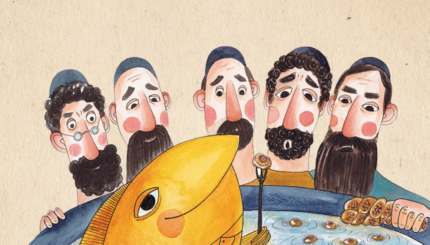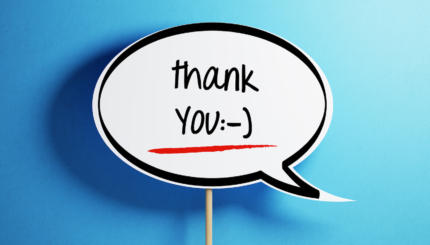A few weeks ago, Harvey Weinstein was outed as the perpetrator of a seemingly infinite number of acts of harassment, abuse, and assault against women. Following this revelation out of Hollywood came the revelation out of the rest of America. Sexual harassment, abuse, and assault are rampant and most women, as well as many men, have been on the receiving end of the Harvey Weinsteins of the world. #MeToo swept social media, and in time, story after grotesque story of violence against women came pouring out.
In 2012, anti-sexism educator, Jackson Katz, gave a TED Talk entitled “Violence against women-it’s a men’s issue.” His words, five years later, are sweeping social media after #MeToo. Katz said, “We talk about how many women were raped last year, not about how many men raped women. We talk about how many girls in a school district were harassed last year, not about how many boys harassed girls…”
The onus of responsibility is still on those who have been harmed. How do we shift the responsibility burden and the focus of attention to those who did the harming? It seems unlikely we will see posts up on Facebook describing the time someone grabbed some woman’s behind, forced himself on another person, or used his position of power in the workplace to get something he wanted from an attractive co-worker with a sense of remorse, embarrassment or regret instead of pride or even swagger. #IDiditToo is unlikely to be the next big social media thing. But wouldn’t that be amazing?
No person is going to “out” themselves in this arena. Perhaps this is the nature of the power dynamic between the harmers and the harmed. More likely, this is the nature of privilege. I wonder about those who catcall out, or leer, or touch, or coerce, or push, or force. Do they know they do it? I suspect the truth is that they do. But they continue to do it, because they feel entitled to it. Isn’t this the nature of privilege? One of the great mysteries of the world is how to motivate someone with privilege to give up the benefits of that privilege for the greater good. But this is my question at this time – how do we derail the Harvey Weinsteins, The Bill Cosbys and the Donald Trumps?
I could reach out to men everywhere and appeal to a sense of male chivalry. Women need protecting from the lecherous out there so please save us.* While that logic may work with some, leaning into male privilege just feels uncomfortable at best. Violating at worse. I would like to see privilege in its many forms dismantled not enforced.
As a woman, I can do little to compel the change I think we need to see in the world. But men can. So, men, I am just going to ask. Please, will you talk about it? Name it? Explore it? Was it ok that time you said that thing? Were you in bounds or out? Ask one another. When you see something that seems amiss, say so. Even if your say-so does nothing to change or stop the behavior at hand, it sends a message to other men about what is and is not ok. Where do you think, after all, that the ass-grabbers (other body parts also) of the world learned it was OK? From watching other people doing so as that behavior was applauded or even rewarded while no one else said “Stop. No. Don’t.” Well, no one except maybe the person being maligned.
While it is unlikely someone who has done wrong will come forward, the #MeToo women of the world who have shared their stories have paved the way for the sharing of other stories riddled with pain, embarrassment, and the debilitating feeling of uncertainty and self-doubt. I suspect an honest, humbled, contrite reflection by a perpetrator would be received in this world with less judgment and more compassion than might be expected. I imagine it may be the hardest thing in the world to do and one of the only things which will mend the damage done.
#MeToo
*Intentional sarcasm…



